Digital Assets Capital connects retail investors with emerging private companies creating a unique market of financial instruments.
Digital Assets Capital provides a platform for the investors to engage with emerging real estate opportunities, creating a specialized market for real estate investment instruments. This enables you to access unique investment prospects in the real estate sector and contribute to the growth of promising properties and developments.
Supporting a Range of Investor Types
Digital Assets Capital empowers a diverse range of investors, providing them with access to a wide array of investment opportunities tailored to their preferences and objectives. Our platform ensures inclusivity and allows investors of all types to explore and engage with a diverse range of investment options.
An accredited investor has to meet certain income or net worth requirements and professional criteria to invest in certain investments established by Rule 501 of Regulation D of the SEC’s accredited investor test, specifically:
- Have a net worth, excluding any primary residence, of at least $1 million
- Have earned income that exceeded $200,000 (or $300,000 together with a spouse or spousal equivalent) in each of the prior two years and reasonably expect the same for the current year
- Hold a Series 7, 65 or 82 license
Accredited investors are considered financially sophisticated enough to manage their own investing activities—or have enough wealth to withstand significant losses—without needing the SEC’s protections. Accredited investors can participate in certain securities offerings that non-accredited investors cannot.
A qualified purchaser is an individual or entity that meets the criteria of investment owned under section 2(a)(51) of the Investment Company Act. To be a qualified purchaser, one of the following criteria must be met:
- An individual holds at least $5 million in investments
- A family-owned business owns at least $5 million as an investment
- A $5 million or more trust is managed by the qualified purchasers
- An entity that invests at least $25 million
- An entity where all the members are qualified purchasers
Accredited investors are considered financially sophisticated enough to manage their own investing activities—or have enough wealth to withstand significant losses—without needing the SEC’s protections. Accredited investors can participate in certain securities offerings that non-accredited investors cannot.
Private Securities
Investors of all types can easily invest in and trade shares of emerging and innovative private companies, enjoying the same speed and efficiency as public equity markets. This seamless experience bridges the gap between private and public markets, granting investors access to a diverse range of opportunities.
Yield-Bearing Instruments
- Dividend-paying assets
- Royalty streams
- P&L monetization
Real Estate
- Dividend-paying assets
- Royalty streams
- P&L monetization
Alternative Assets
- Dividend-paying assets
- Royalty streams
- P&L monetization
Financial Products
- Dividend-paying assets
- Royalty streams
- P&L monetization

Security Tokens
Security tokens represent ownership of a financial asset, such as equity, debt, or real estate. They are issued and traded on a blockchain or distributed ledger technology (DLT) platform. Security tokens are typically issued through security token offerings (STOs), where investors purchase the tokens in exchange for traditional currency. The tokens are stored in digital wallets, and ownership is recorded on the blockchain or DLT platform, providing a secure and transparent record of transactions.
Join Digital Assets Capital today and unlock a world of investment opportunities in the digital asset market. Benefit from our robust platform, extensive selection of projects, and expert guidance to make informed investment decisions and potentially generate attractive returns.
